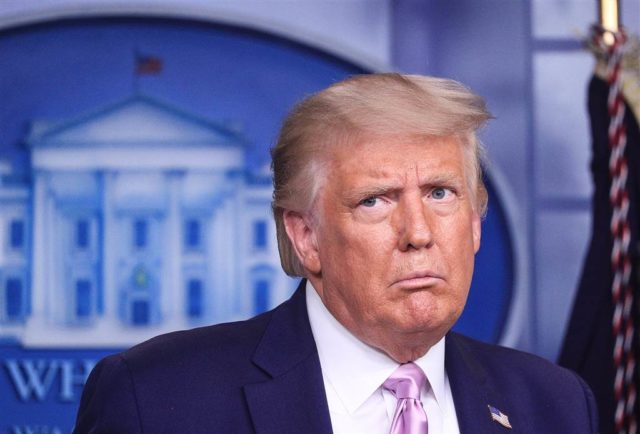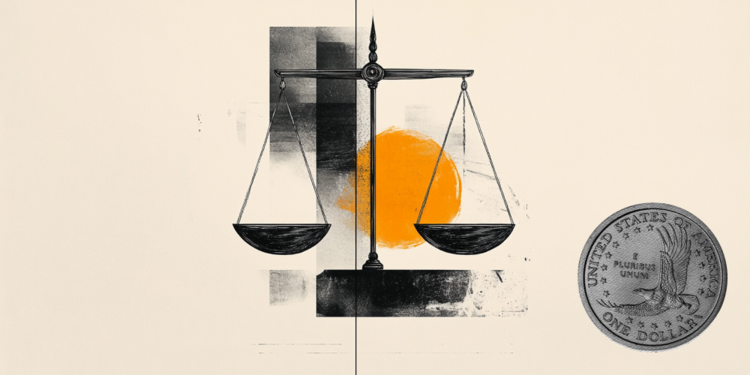Brazil symbolically assumed the presidency of the G20 this Sunday (10), in a rare opportunity to take center stage on the global agenda.
For the first time leading the group of the world’s largest economies, the country will have an unprecedented chance to define the agendas for discussions and actions related to the planet’s greatest challenges – such as climate change, international security, national debt, digital transition and the fight against poverty.
It will not be an easy task, especially for a country that still has more aspirations than real weight on the geopolitical board and that is only now emerging from an isolationist hiatus.
Furthermore, President Luiz Inácio Lula da Silva often makes controversial statements that displease several other leaders, especially Americans and Europeans.
The last of them was given just on the eve of Brazil assuming the symbolic presidency of the G20, when Lula said in New Delhi, India, that Russian President Vladimir Putin would not be arrested if he went to Brazil.
“What I can say is that, if I am president of Brazil and if he goes to Brazil, there is no reason for him to be arrested,” he declared.
The country, however, is a signatory to the Rome Statute and recognizes the jurisdiction of the International Criminal Court, which issued an arrest warrant against Putin for crimes committed in the war in Ukraine.
Thus, Brazil would be violating an important international agreement if Putin visited the country and was not arrested.
But, despite all the difficulties, the Brazilian government decided to focus on an ambitious agenda for the year in which it will lead the G20.
President Lula has already defined this agenda and divided it into three axes:
- The fight against poverty, hunger and inequalities;
- The adoption of new measures to protect the environment, promote changes in the energy matrix and combat climate change;
- And the reform of the global governance system, such as the International Monetary Fund (IMF), the UN and its Security Council.
Advances in any of these themes depend on a great articulation capacity of Brazilian diplomacy and solid support from the powers that lead the different trends within the G20 itself.
Challenge
But the timing couldn’t be worse for this, as the bloc is split between the G7 and the anti-Western alliance that unites China and Russia.
Two factors, in particular, are responsible for this: the war in Ukraine and the underlying geopolitical dispute between the hegemonic projects of the United States and China.
The split even put the Leaders’ Summit in New Delhi, India, at risk.
At one point, there was an impasse between the two sides over the conflict that almost prevented the meeting from having a final declaration – an important document that details the discussions within the group and its future decisions and goals.
The Russians and Chinese threatened to veto the text if the West insisted on condemning the Kremlin for the conflict in Europe. The G7, on the other hand, wanted to include a strong paragraph in the text to try to further isolate Russia.
In the end, the anti-Western alliance prevailed and the declaration did not even mention the word “invasion”. In addition to making it clear that there are “different opinions on the topic” within the G20, something unprecedented in the group’s history.
Another problem during the Delhi Summit was the absence of President Xi Jinping, the first time a Chinese leader has snubbed the group.
This fact alone demonstrates that Beijing is betting on a weakening of the G20, preferring to give priority to other blocs where it has much more relative weight, such as the expanded BRICS.
Finally, Brazil may still face a specific obstacle: some European and North American protagonists believe that the country also has an anti-Western agenda, for not clearly supporting Ukraine in the war and for insisting on changing the current global order at every opportunity. .
This feeling ends up being provoked precisely by President Lula’s controversial statements.
Upon receiving the presidency of the group, for example, he said that the G20 cannot “let geopolitical issues hijack the discussion agenda of the various instances” of the bloc, precisely replicating the position of the Sino-Russian alliance.
And, once again, displeasing the West.
Although Brazilian diplomacy is following its tradition of independence and multilateralism (it was the only representative of the BRICS, for example, who condemned the invasion at UN meetings), the G7 countries would prefer a more automatic alignment with them.
Opportunity
Despite all these important obstacles, however, Brazil has a real opportunity to achieve some progress in the agendas it defends.
But to achieve this, the government and Itamaraty will need to use with great wisdom and strategy the two true strengths of Brazilian diplomacy: the fact that the country has good relations with all nations in the world and its potential leadership on environmental issues.
Brazil has already been trying to use the appeal of the first point.
Despite Lula’s statements about Putin and the “geopolitical” issue at the G20, the country was an actor that helped articulate the text of the final declaration that avoided the total failure of the New Delhi Leaders’ Summit.
Precisely because it is close to everyone involved, directly or indirectly, in the Ukrainian conflict: the United States, China, the European Union and Russia.
Using this letter allows the country to have open dialogues with all G20 players.
The second point depends on results.
The environmental issue potentially gives Brazil a lot of credit, but this fundamentally depends on us being able to stop the still shameful numbers of deforestation in the Amazon and destruction of the environment.
The more Brazil curbs deforestation in the most important and iconic forest in the world, the more credibility it will have to propose changes on this issue.
Imagining that Brazilian diplomats manage to use these cards in the most favorable way possible, we can imagine at least some progress at the G20 Leaders Summit scheduled to take place in the city of Rio de Janeiro in November 2024.
Given the current situation of chaos, any progress on any of the themes proposed by President Lula will already mean a victory for Brazilian diplomacy.
And it will justify investing in a bold agenda. A correct move for those who want to gain a captive space at the table of major global decisions.
Source: CNN Brasil
Bruce Belcher is a seasoned author with over 5 years of experience in world news. He writes for online news websites and provides in-depth analysis on the world stock market. Bruce is known for his insightful perspectives and commitment to keeping the public informed.







